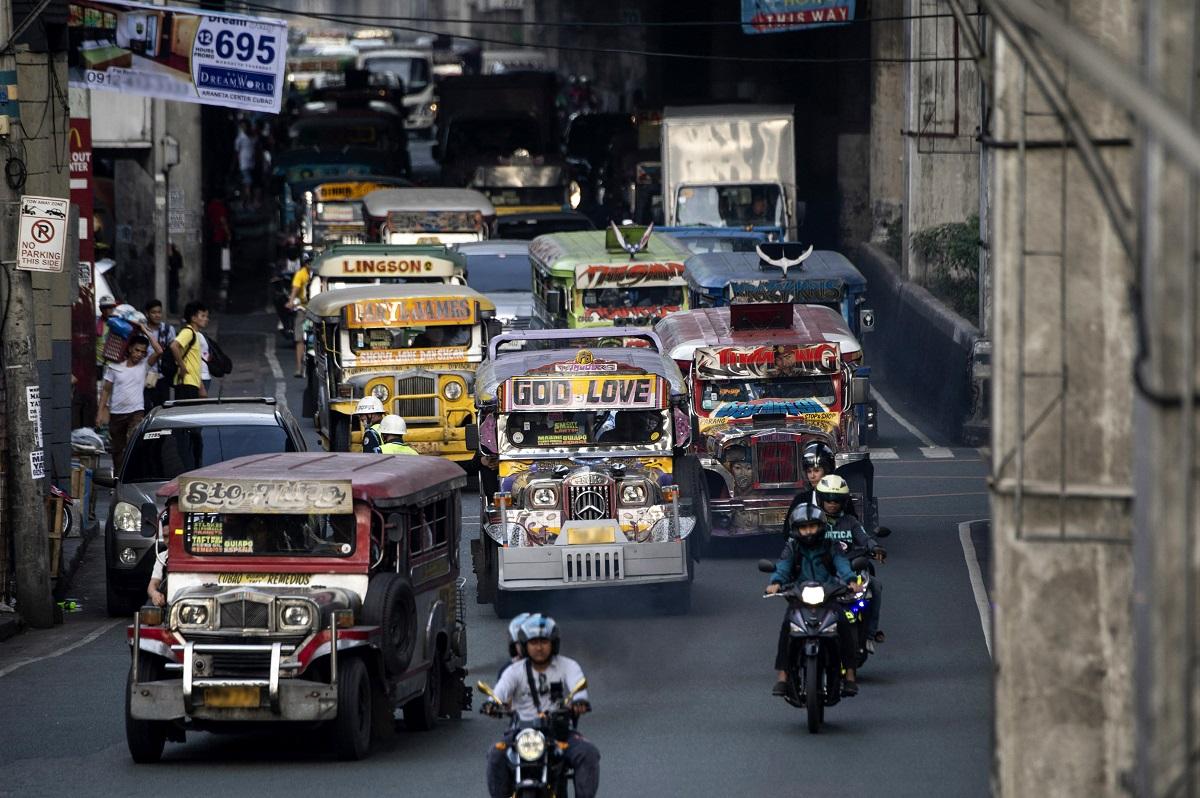LTFRB: Unconsolidated jeeps, UV Express can operate in low consolidation routes

Unconsolidated jeepneys and UV Express units are allowed to operate in over 2,500 routes with a low number of consolidations, the Land Transportation Franchising and Regulatory Board (LTFRB) said on Monday.
According to the LTFRB’s Board Resolution No. 53 Series of 2024, unconsolidated public utility vehicles do not need to file for consolidation but are still subject to the approval of the Local Public Transport Route Plan (LPTRP) or the Route Rationalization Plan (RRP).
“[T]o ensure the supply of public transportation in low [number of authorized units] routes, the Board hereby RESOLVES to allow individual operators of PUJ and UVE on low NAU routes to operate on their existing routes without the need for filing an Application for Consolidation but subject to the eventual approval of the LPIRP and RRP,” the resolution, dated April 30, states.
The resolution added that authority to operate is given to PUJ and UV on low consolidation routes, “provided that their units are currently registered with the LTFRB and have a valid personal passenger accident insurance coverage.”
The following are the number of routes with a low number of consolidations where unconsolidated jeepneys and UV Express units are allowed to operate:
- Central Office - 105 routes
- Metro Manila - 139
- Cordillera - 669
- Ilocos - 161
- Cagayan - 156
- Central Luzon - 84
- Calabarzon - 216
- Mimaropa - 175
- Bicol - 382
- Western Visayas - 259
- Central Visayas- 64
- Eastern Visayas - 124
- Zamboanga - 79
- Northern Mindanao - 25
- Davao - 34
- Soccsksargen - none
- Caraga - 78
In a statement, transport group PISTON attributed the decision of the LTFRB to the collective action of the transport workers, calling it a victory.
“Our strikes and protests have forced the LTFRB and the Marcos Jr regime to concede," PISTON said.
"This is a clear victory for Filipino transport workers who are being trampled on by greedy corporations salivating to take over our public transport system.”
PISTON called for a “complete junking” of the government’s modernization program and an implementation of “a progressive, nationalist, and people-centric public transport system.”
A total of 36,217 public utility vehicles (PUVs) and 2,445 routes remained unconsolidated after the April 30 deadline under the government’s PUV Modernization Program (PUVMP), the Department of Transportation (DOTr) said.
Started in 2017, the PUVMP aims to replace jeepneys with vehicles that have at least a Euro 4-compliant engine to lessen pollution. It also aims to replace units that are not deemed roadworthy.
A modern jeepney unit costs over P2 million, an amount that even state-run banks LandBank and Development Bank of the Philippines said was too expensive for PUV drivers and operators.
The consolidation of individual PUV franchises into cooperatives or corporations is the initial stage of the modernization program.
Initially, the LTFRB had said that PUVs that did consolidate after the April 30 deadline would be deemed “colorum.” — DVM, GMA Integrated News




